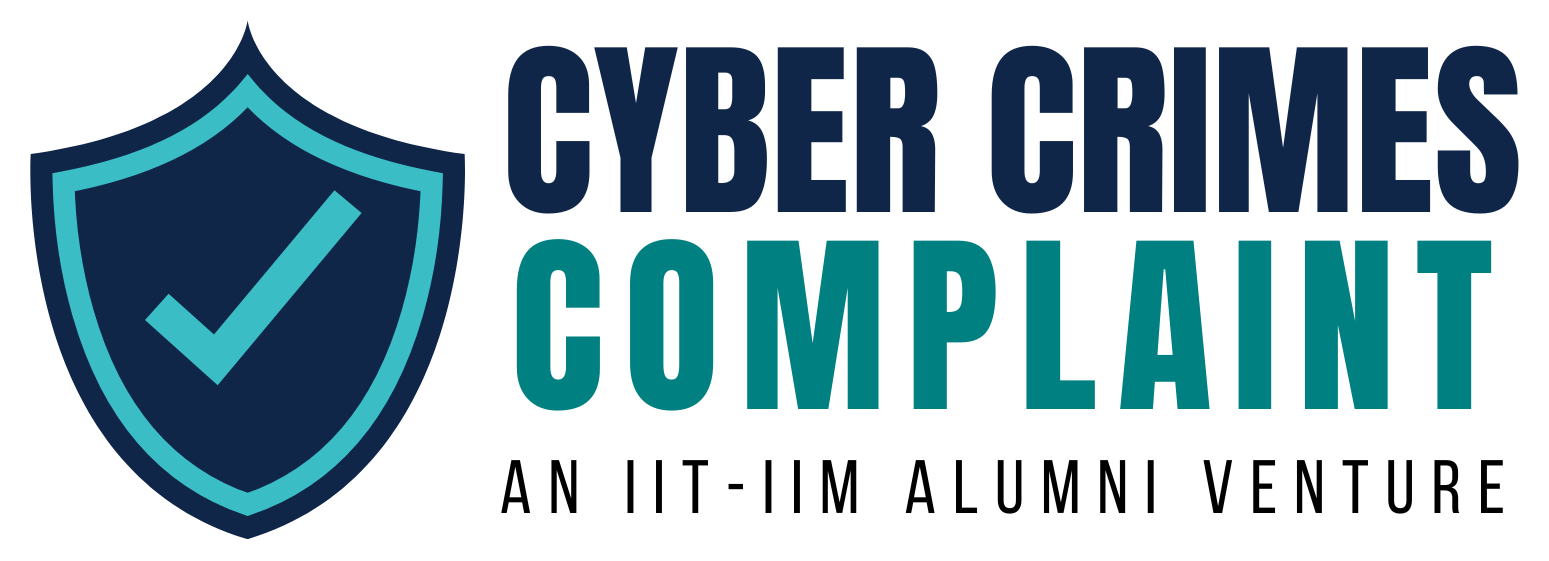Phishing Scams: Don't Take the Bait
Phishing scams are one of the most deceptive and widespread forms of cyber crime. Designed to trick individuals into divulging sensitive information, these scams can lead to identity theft, financial loss, and even full-scale data breaches. At Cybercrimes complaint, we are dedicated to helping victims of phishing scams report these crimes and protect their personal and financial information from falling into the wrong hands.
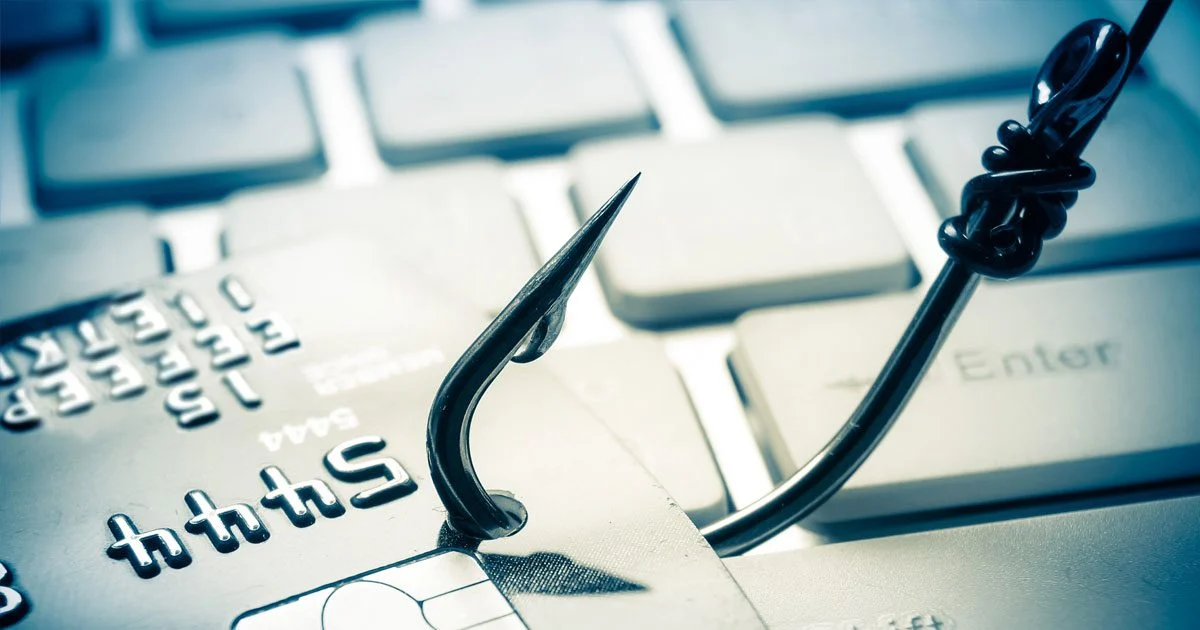
What are Phishing Scams?
Phishing scams involve fraudulent attempts to obtain sensitive information such as usernames, passwords, credit card numbers, or other personal information by disguising as a trustworthy entity. These scams typically come in the form of emails, text messages, or fake website that appear to be from legitimate sources, such as banks, online retailers, or government agencies.The goal of phishing is to deceive the victim into providing their confidential information, which the attacker can then use for financial gain, identity theft, or further cyber attacks.
Common Types of Phishing Scams
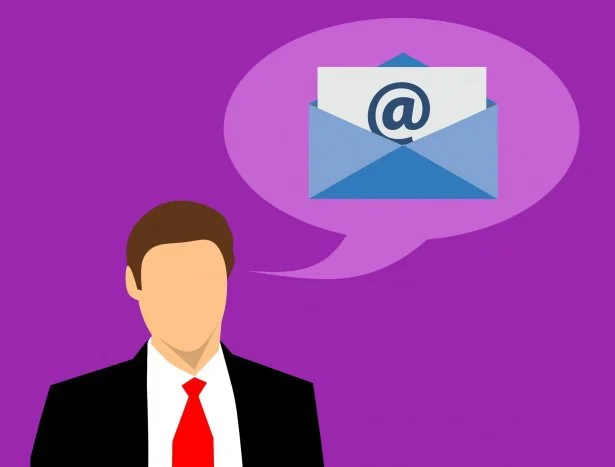
Fraudsters send emails that appear to be from a reputable company or organization, urging you to click on a link or download an attachment. The link usually directs you to a fake website designed to steal your login credentials or other sensitive information.

A more targeted form of phishing, where attackers personalize their messages using information about you, such as your name, job title, or company, to make the scam more convincing.

Scammers send text messages that appear to be from legitimate sources, prompting you to clicking on a malicious link or respond with personal information.
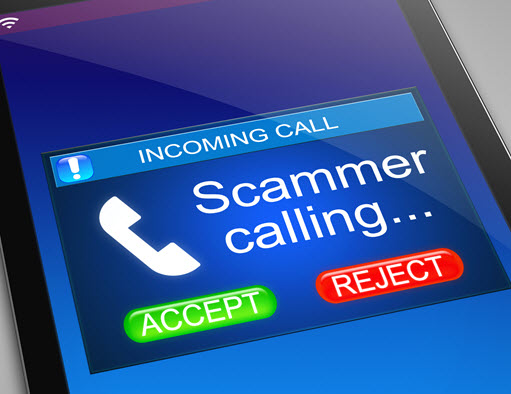
ttackers use phone calls to impersonate a bank, government agency, or company, convincing you to share sensitive information or make payments.
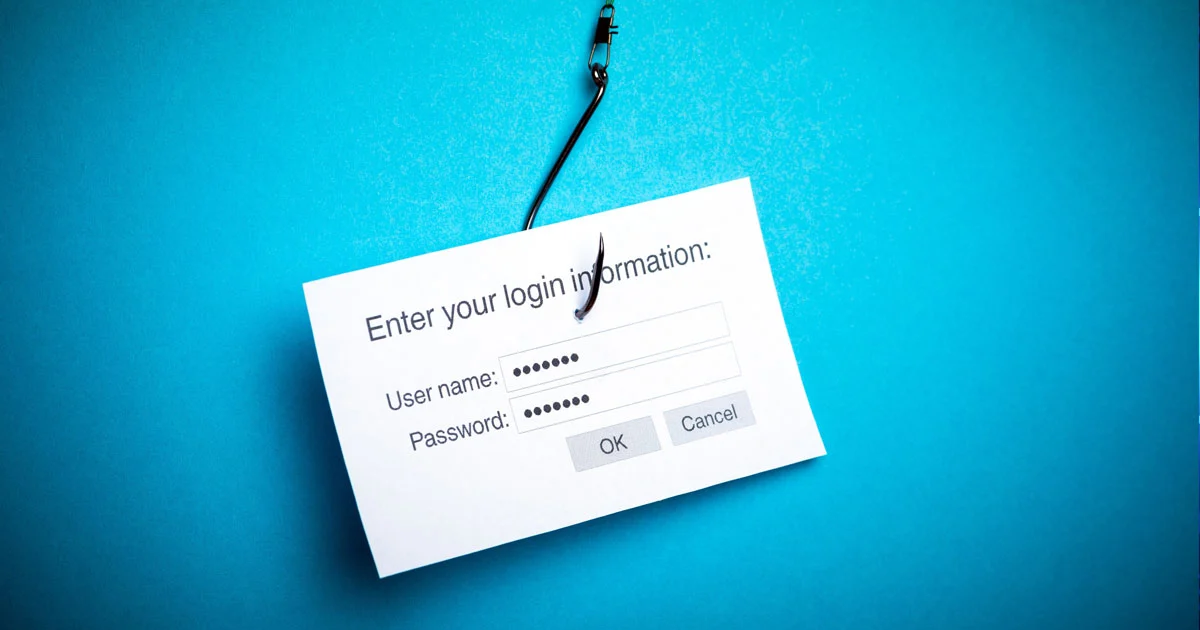
Fraudsters create a near-identical copy of a legitimate email you've received before, replacing the original links or attachments with malicious ones.

Instead of tricking you into clicking a link, pharming redirects you to a fake website that looks exactly like a legitimate one when you try to visit a familiar URL.
How We Can Help
If you believe you have been targeted by a phishing scam, it's crucial to act quickly to mitigate the damage. Cybercrimes complaint offers a range of services to help you respond to and recover from phishing attacks, especially in India:We guide you through the steps to secure your accounts, change compromised passwords, and prevent further unauthorized access.
We assist you to file a complaint with your email provider, bank, and relevant law enforcement agencies to initiate an investigation.
Our experts work with you to identify and mitigate any data or financial loss resulting from the bank fraud.
We connect you with legal professionals who specialize in cybercrime to help protect your rights and guide you through the recovery process.
We provide advice and tools to help you recognize phishing attempts in the future and protect your personal and financial information.
The Dangers of Phishing Scams
Falling victim to a phishing scam can have severe consequences. Once criminals obtain your sensitive information, they can:

Steal your banking or credit card details to make unauthorized financial transactions.
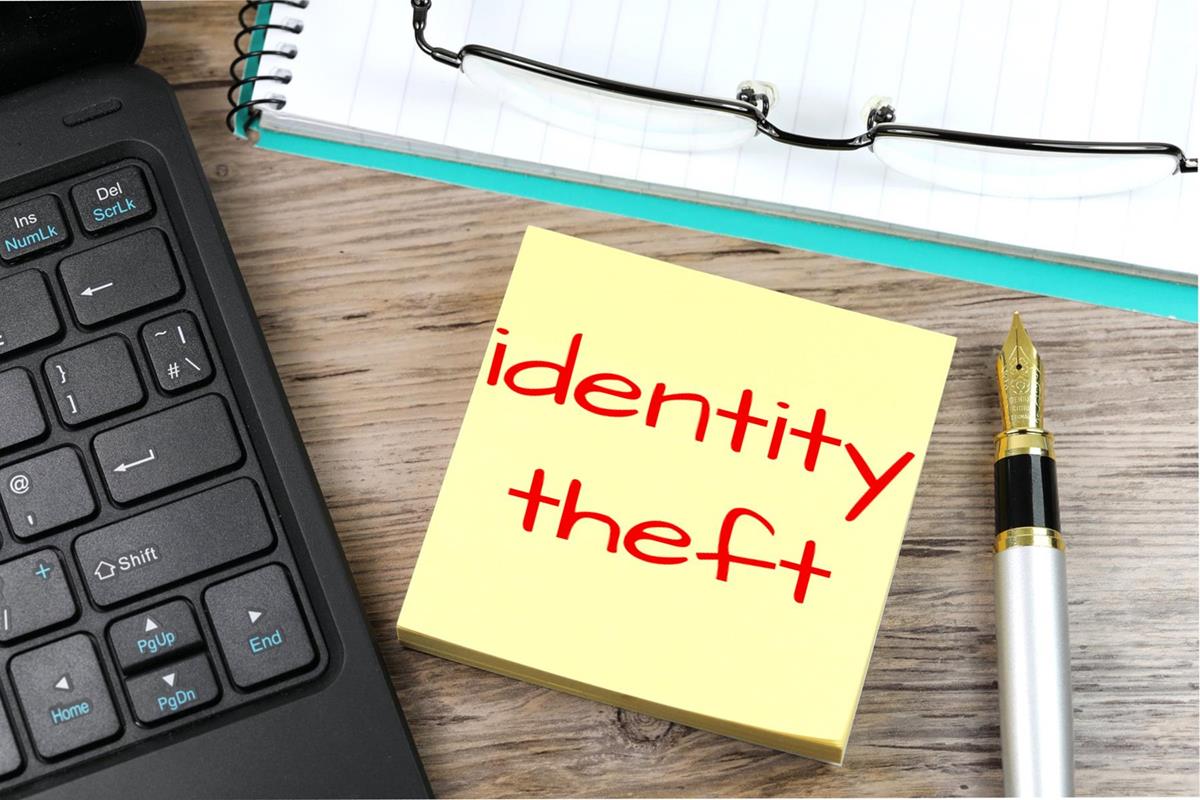
Use your personal information to open new accounts, apply for loans, or commit other forms of fraud in your name.
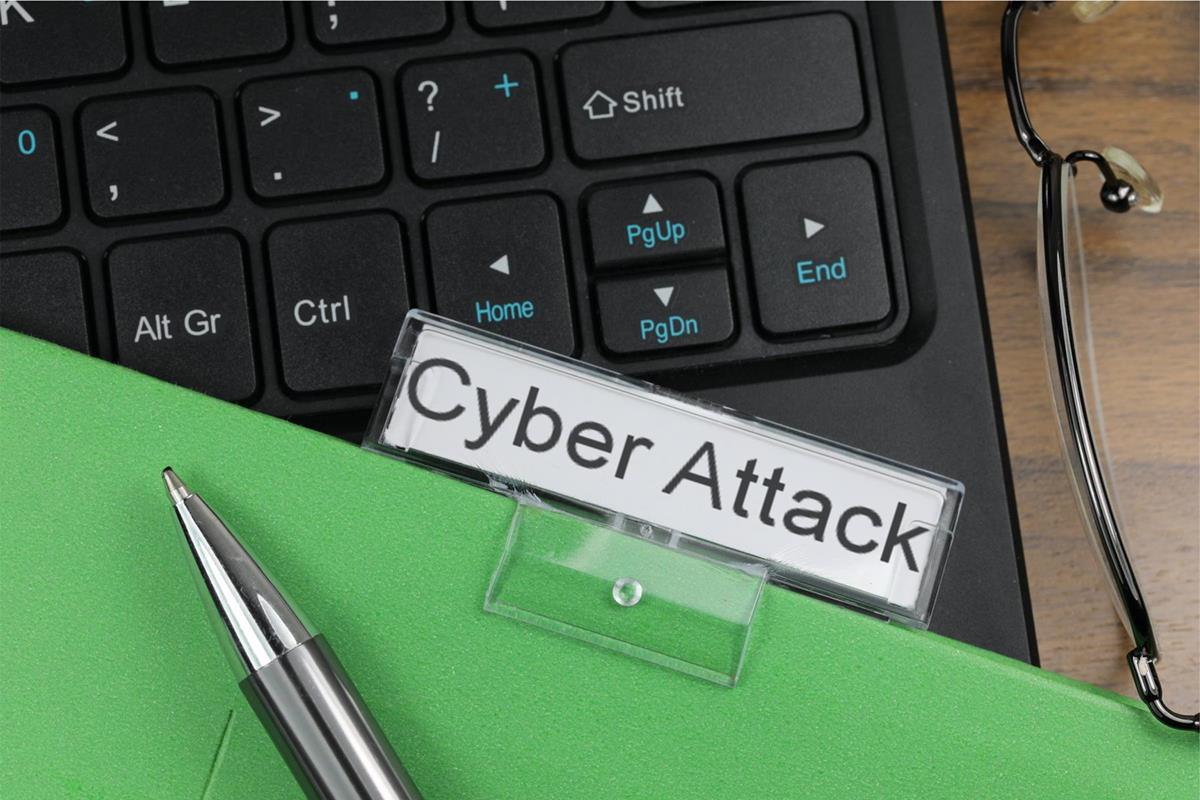
Exploit your information to target your contacts, leading to wider-scale phishing campaigns.
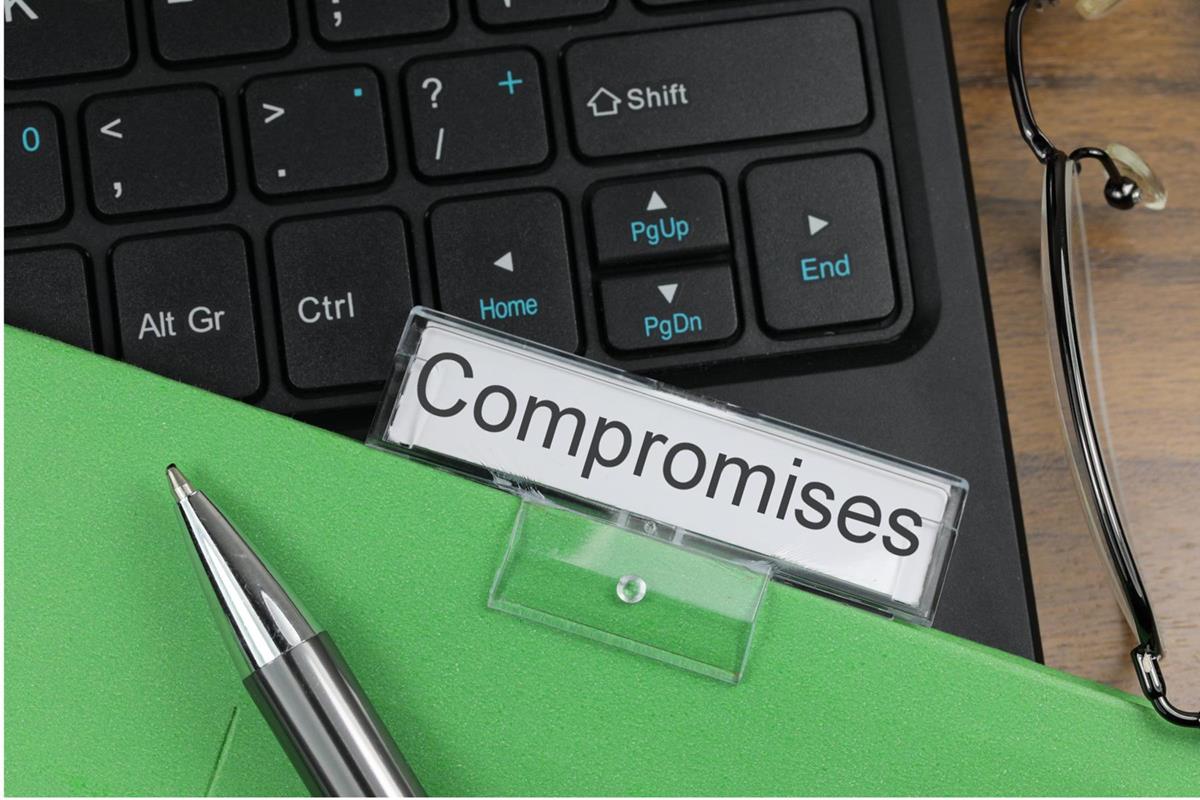
Gain access to corporate or personal networks, leading to data breaches or other malicious activities.
Reporting Phishing Scams in India
If you've been a victim of a phishing scam in India, follow these steps to report the incident:
for immediate assistance with cybercrime complaints
a website where you can submit details about the incident and supporting evidence.
to file a formal complaint. Make sure to bring all relevant information and contact details related to the fraud.
immediately if financial transactions were affected.
for financial frauds.
to verify if an international call is being spoofed as a local Indian number.
for additional resources on cybercrime prevention.
Preventing Phishing Scams
While we are here to help if you fall victim to a phishing scam, prevention is key. Here are some tips to avoid phishing scams:
or messages requesting personal information.
and email address before clicking on any links or providing information.
for each online account and keep them secure.
with the latest security patches.
on all important accounts for additional security.
claiming to be from legitimate organizations.
immediately to the appropriate authorities.
Get in Touch
If you have any questions or need assistance with a cyber crime issue, please don’t hesitate to contact us. Reach out via email at info@cybercrimescomplaint.com or use our contact form to get in touch with a member of our team.
